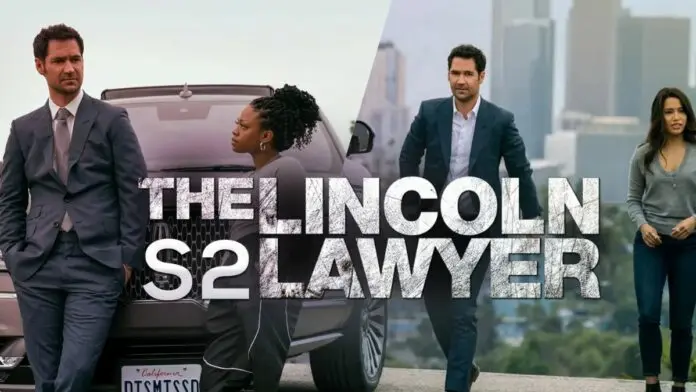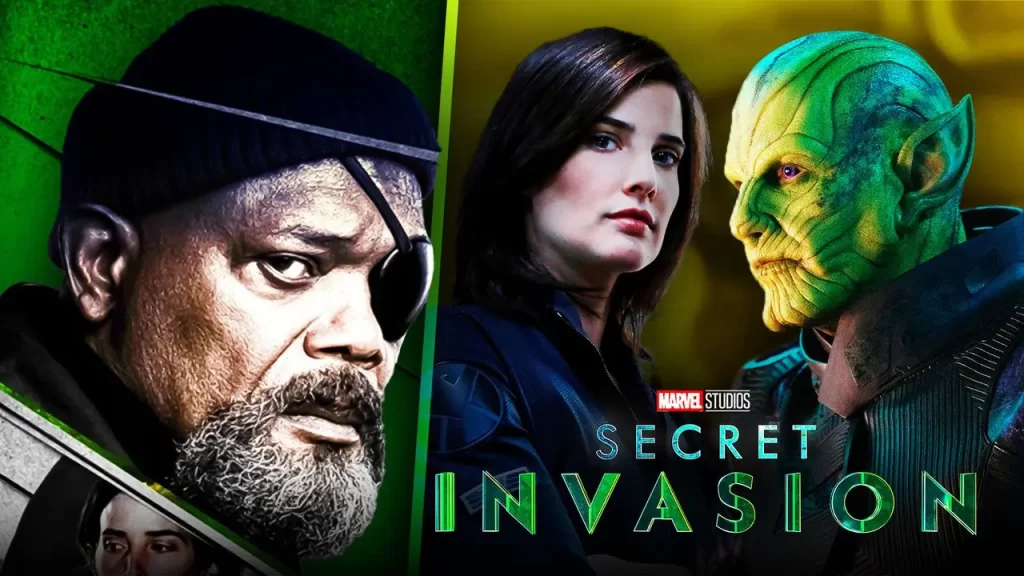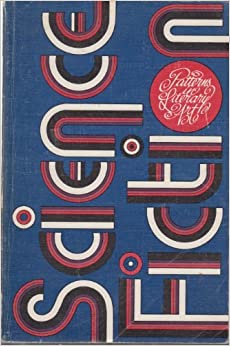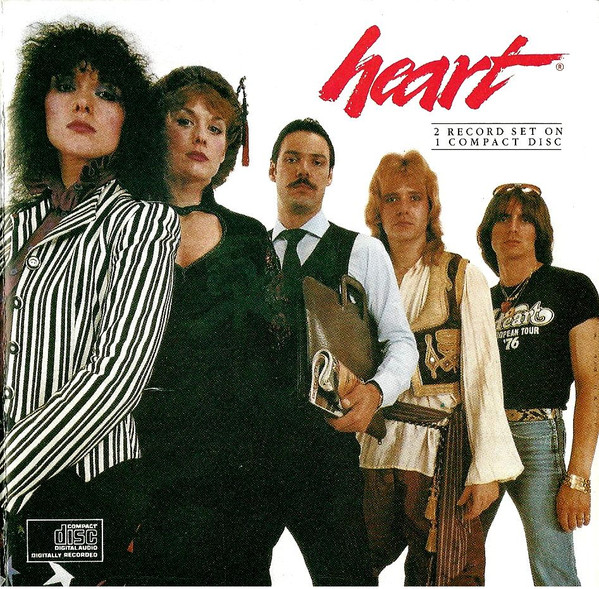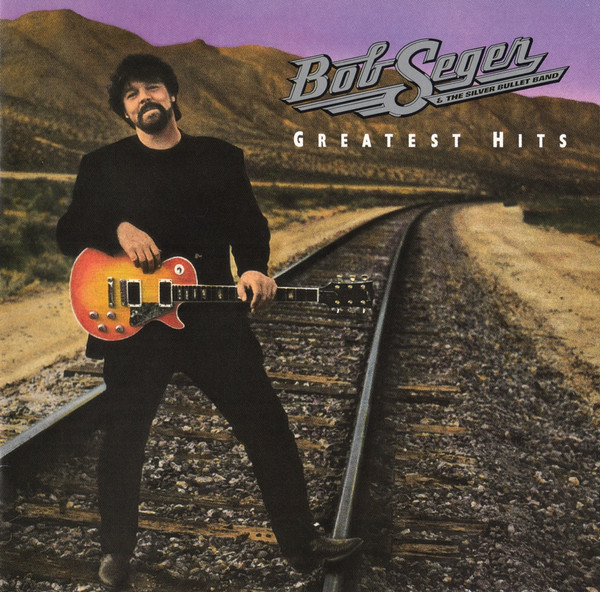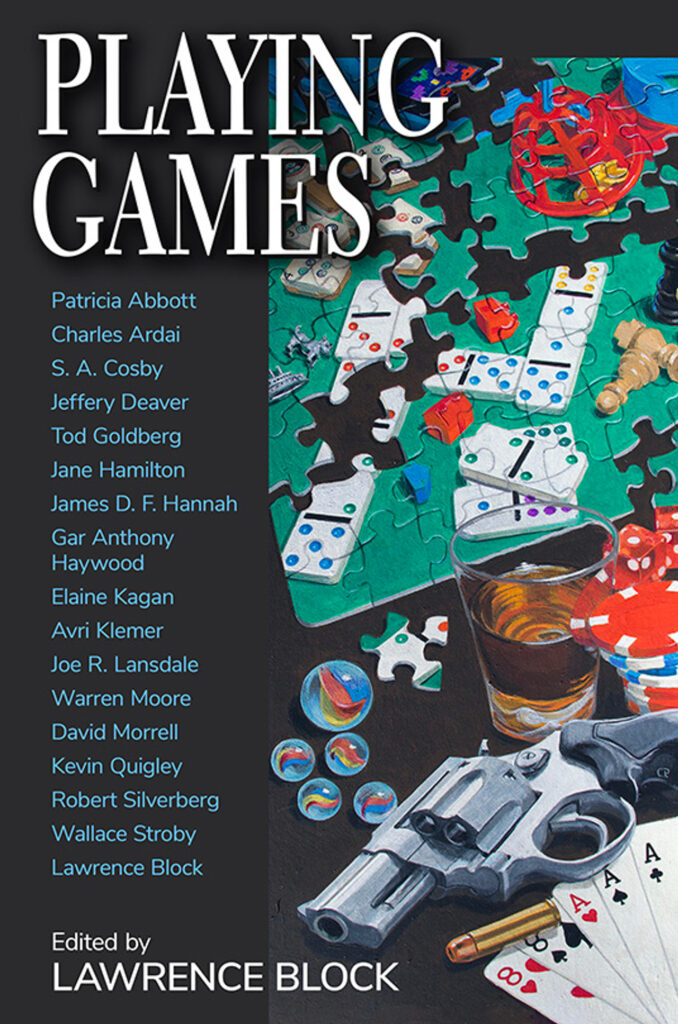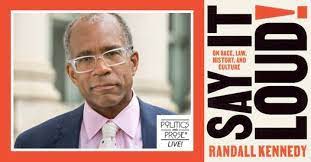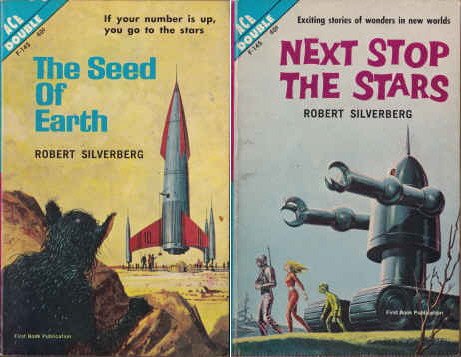
This was the first collection of Robert Silverberg’s short stories to be published. I bought this ACE Double in 1962 and loved it. The stories were written early in Silverberg’s career, from 1954-1957. “Slaves of the Star Giants” is pure pulp as you can tell from the over-the-top title. Lloyd Harkins finds himself mysteriously transported to a far future when civilization has collapsed. Mutated, primitive humans live underground in isolation. Ancient robots (check out the EMSH cover above) left over from the Time of Cities still roam the jungles randomly. Can a man from the Past save the Future?
From time to time, ACE would feature a Double devoted to one writer. On one side, the book would include a short novel–in this case it’s The Seed of Earth first published in Galaxy in 1962. “It’s a story of a group of individuals, selected randomly by a government-sponsored lottery, who are forced to leave Earth and establish a colony on a distant world. Once there, four of the colonists are abducted by the planet’s native inhabitants, and must put aside their differences and work together in order to survive.”
ACE Doubles in this format introduced a writer both through short stories and short novels they’d written. I had read several of Silverberg’s novels and stories before this one, but it remains one of my favorites–partly because of the cover artwork. Are you a fan of Robert Silverberg’s work? GRADE: B (for both the short stories and the short novel)
TABLE OF CONTENTS:
Slaves of the Star Giants • novella — 5
The Songs of Summer • short story — 48
Hopper • novelette — 66
Blaze of Glory • short story — 87
Warm Man • short story — 102
